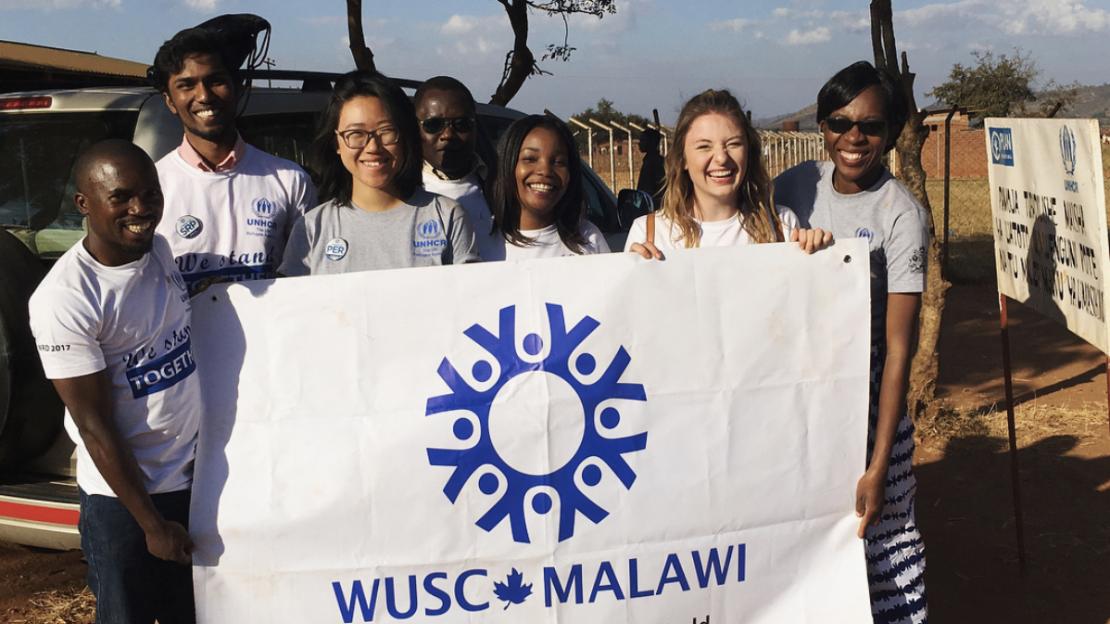During Gigi Chang’s co-op placement in Malawi, she discovered that the field of international development can be both inspiring and distressing – sometimes at the same time.
Chang worked in partnership with the World University Service of Canada at the Girls’ Empowerment Network, where she helped expand the social media capacity of the organization. The grassroots network advocates for the social and emotional wellbeing of marginalized girls and young women, in addition to promoting positive change in areas such as human rights, HIV/AIDS and education. Through her work at the organization, Chang became friends with one of Malawi’s leading advocates for girls’ rights, Memory Banda, who championed a successful national campaign that resulted in legislation to outlaw child marriage.
Meeting Banda and learning about the “complex and passionate world of NGO work” were the highlights of the placement, says Chang, a fourth-year student in public policy and anthropology at University of Toronto Scarborough and a UTSC Queen Elizabeth II Diamond Jubilee Scholarship recipient. But there were some aspects of the experience that made her uncomfortable. To explore these tough issues, she is making a film from more than 100 hours of footage she shot in Malawi. “I felt a lot of guilt – and I continue to feel it – about the career of an international development worker. That’s what this film is about: peeling back the layers of inherent inequality and imbalance in relationships between workers and the individuals at the receiving end of their programs and services.”
“I felt a lot of guilt – and I continue to feel it – about the career of an international development worker," says Chang. "That’s what this film is about: peeling back the layers of inherent inequality and imbalance in relationships between workers and the individuals at the receiving end of their programs and services.”
Since taking a class on epidemiology in third year, Chang has wanted to work in the field of infectious and chronic diseases. In Malawi, she attended a national symposium on HIV among youth that left her feeling equally excited and saddened. “It made me realize that there’s a world of opportunity in the epidemiological public health sector,” she says. “But it absolutely broke my heart that the HIV symposium was necessary because it was proof of the pervasiveness of the issue.”
Despite feeling the challenges and tensions that are part of the job in international development, Chang says her placement only reaffirmed her career ambition. “Working in global health is what inspires me,” she says. “It would be a dream.”
The Canadian Queen Elizabeth II Diamond Jubilee Scholarships (QES) is managed through a unique partnership of Universities Canada, the Rideau Hall Foundation (RHF), Community Foundations of Canada (CFC) and Canadian universities. This program is made possible with financial support from the Government of Canada, provincial governments and the private sector.
